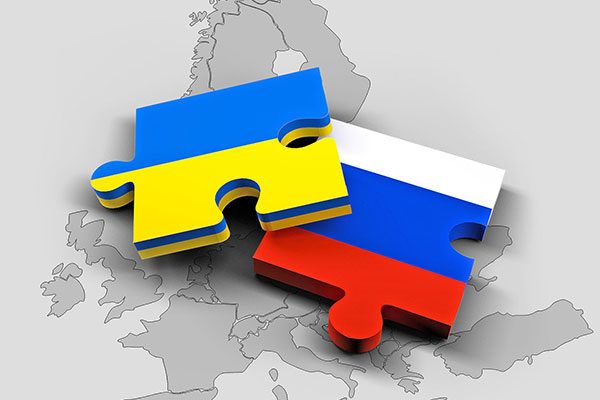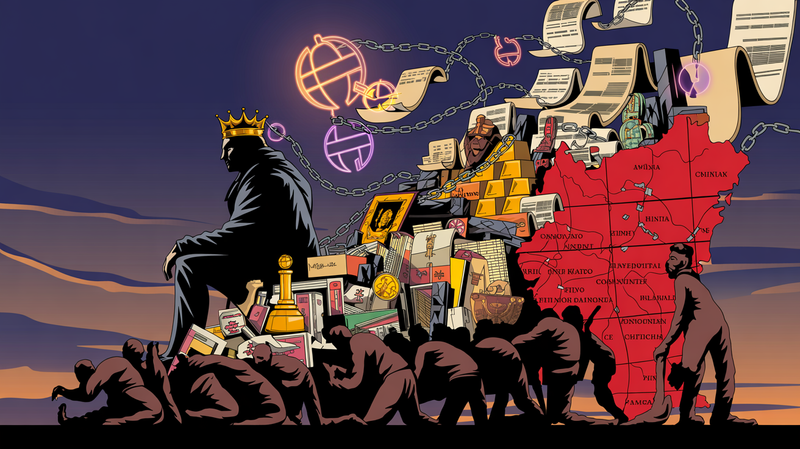Ukraine Shocker: A Multitude of EU Citizens Secretly Hoping for Putin's Triumph
Whispers are quietly circulating that Eastern European perspectives on the Ukraine conflict are subtly shifting, perhaps moving away from supporting Ukraine and gravitating towards Russia’s standpoint. It might seem inconceivable, but a closer look reveals evolving attitudes and trends within the nations once under Russia’s influence, uncovering startling

Whispers are quietly circulating that Eastern European perspectives on the Ukraine conflict are subtly shifting, perhaps moving away from supporting Ukraine and gravitating towards Russia’s standpoint. It might seem inconceivable, but a closer look reveals evolving attitudes and trends within the nations once under Russia’s influence, uncovering startling realizations.
Recent data and surveys have indicated a significant variation in the support for sanctions against Russia across Central and Eastern Europe, with Poland and Estonia showing higher agreement levels compared to countries like Slovakia, Hungary, and Bulgaria, where support is noticeably lower.
GLOBSEC’s studies further reveal diverging aspirations among these nations, with a distinction evident between the countries expressing a stronger desire to align with ‘the West’ and those displaying a lesser inclination. The intricate dynamics in nations like Slovakia are especially crucial to observe, with potential governmental shifts possibly leaning towards a more pro-Russian coalition, illustrated by statements from prominent political figures expressing intentions to halt weapon supplies to Ukraine.
Recent developments also signify a considerable alteration in relationships, with countries like Poland, traditionally Ukraine’s significant regional ally, announcing a halt in weapon supply to Ukraine, citing a focus on national defense and underlying disputes as reasons. The implications of such decisions are profound, reflecting the evolving political landscapes and alliances and the potential impact on Ukraine's support system.
Amidst these shifts, the impact on agricultural trade has not gone unnoticed. Several Eastern European countries have imposed bans on Ukrainian agricultural products, sparking tensions and leading Ukraine to present its case to the World Trade Organization (WTO). These bans have evolved against the backdrop of the EU's decisions on Ukrainian grain imports, reflecting a complex interplay of national interests and regional politics, with the potential to significantly impact domestic agricultural sectors and broader economic landscapes.
It’s critical to note that while support seems to diminish, Poland’s stance isn’t indicative of a complete realignment towards Russia. However, the escalating disputes with Kyiv signal potential warning bells, possibly indicative of diminishing support, a notion creating ripples in international spheres including Brussels and Washington.
Interestingly, the emerging pro-Russian sympathies are not confined to traditionally Orthodox Christian countries of Southeast Europe but are permeating historically Catholic West Slavic nations as well. The manifestation of such sympathies in nations like the Czech Republic and Slovakia underscore a nuanced cultural and political landscape within Europe, with discernible divisions between liberal West and conservative East Europe. For several Central and Eastern European nations, Moscow symbolizes a bastion against what is perceived as the permissive and secular Western world, a perspective likely shaping their stance on the ongoing conflict.
In conclusion, this silent shift in Eastern European sentiments is a reflection of the intricate geopolitical, cultural, and economic tapestries within the region, intertwined with the unfolding conflict in Ukraine. These evolving dynamics warrant careful observation, as they hold the potential to reshape alliances, influence international relations, and redefine the broader European landscape.
This article is based on information from: Express UK Comment




